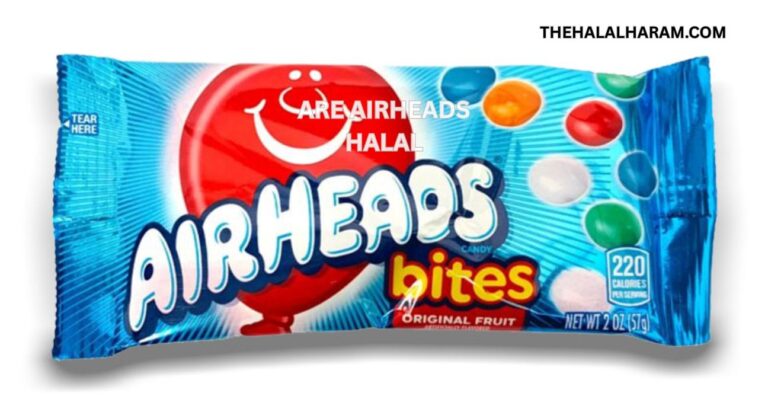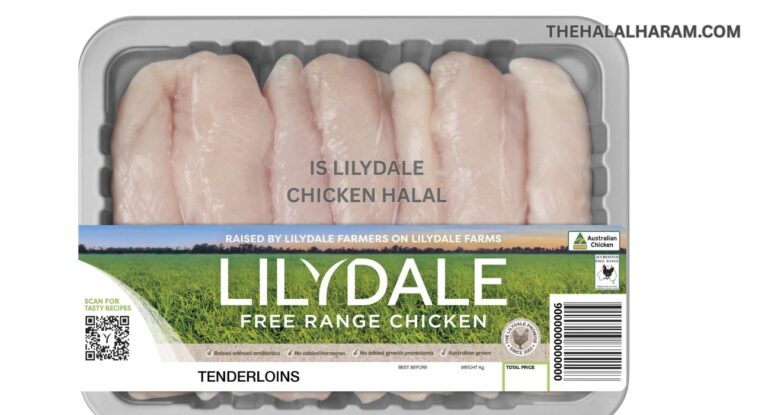Halal Certification Myths Debunked: Separating Facts from Common Misconceptions

Halal certification has become a significant force in global commerce, yet it remains surprisingly misunderstood. Business owners considering certification often encounter conflicting information, unfounded rumors, and persistent myths that make what should be a straightforward process seem complicated or controversial. Some hesitate because they’ve heard certification is prohibitively expensive. Others worry about alienating non-Muslim customers. Still others question whether the standards are even consistent or meaningful.
These misconceptions don’t just create confusion—they cause businesses to miss genuine opportunities in a growing market. The global halal market represents over two billion consumers and trillions of dollars in economic activity, yet myths continue to keep quality businesses on the sidelines. Let’s examine the most common misconceptions about halal certification and replace them with facts, so businesses can make informed decisions based on reality rather than rumor.
Myth #1: Halal Certification Is Only Relevant for Muslim-Majority Countries
The Fact: While Muslim-majority countries certainly represent major markets, halal-certified products have significant demand everywhere Muslims live—including throughout North America, Europe, Australia, and beyond. The United States alone has millions of Muslim consumers actively seeking halal options in their daily lives.
More importantly, halal certification appeals beyond religious demographics. Many non-Muslim consumers view halal certification as an indicator of quality control, ethical sourcing, and transparency in ingredient sourcing. The principles behind halal—animal welfare, cleanliness standards, and traceability—resonate with conscientious consumers regardless of faith. Businesses that certify their products often discover their customer base expands rather than narrows, reaching both Muslim consumers and others who value the standards halal represents.
Myth #2: The Certification Process Is Prohibitively Expensive
The Fact: Certification costs vary based on business size, product complexity, and production volume, but the process is far more accessible than many assume. For most small to medium-sized businesses, certification represents a modest investment that pays dividends through market access and consumer trust.
The key is understanding what you’re paying for: a thorough audit of your supply chain, verification of ingredient sources, ongoing compliance monitoring, and documentation that opens doors to distribution channels and export markets. When compared to other business certifications like organic or kosher, halal certification is typically competitive or even more affordable. Many certification providers offer tiered pricing structures that accommodate businesses at different scales. The real question isn’t whether you can afford certification—it’s whether you can afford to miss the market opportunities it creates.
Myth #3: Halal Standards Aren’t Consistent or Legitimate
The Fact: This misconception stems from the reality that different certification bodies operate in different regions, sometimes with varying interpretations of Islamic jurisprudence. However, core halal principles are well-established and consistent: no pork, no alcohol, no improperly slaughtered meat, and no cross-contamination with prohibited substances.
Reputable halal certification providers follow recognized standards and maintain relationships with Islamic scholars and international halal authorities. Countries like Malaysia and Indonesia have developed comprehensive national halal standards that many certification bodies reference globally. In the United States, established certification providers work within frameworks recognized by both domestic Muslim communities and international trading partners. The key for businesses is choosing accredited certification bodies with transparent processes and recognized credentials—just as you would with any industry certification.
Myth #4: Halal Certification Will Alienate Non-Muslim Customers
The Fact: There’s no evidence that halal certification drives away non-Muslim customers. In practice, the opposite often occurs. Most consumers either don’t notice certification logos or view them neutrally—just another indication that a company maintains certain standards.
For consumers who do pay attention, halal certification can actually build trust. It signals that a business cares about ingredient transparency, maintains rigorous supply chain oversight, and respects diverse customer needs. In multicultural markets, businesses that embrace halal certification alongside other certifications (organic, non-GMO, kosher) are often seen as more inclusive and quality-conscious. Major mainstream brands from Nestlé to McDonald’s have embraced halal certification in various markets without alienating their broader customer bases. The certification expands your appeal rather than limiting it.
Myth #5: Only Food Products Need Halal Certification
The Fact: While food was the starting point for halal certification, the standards now extend far beyond the grocery aisle. Pharmaceuticals, cosmetics, personal care products, supplements, and even cleaning supplies are increasingly seeking halal certification as consumers become more conscious of what goes into and onto their bodies.
Muslim consumers ask legitimate questions about medication capsules made from porcine gelatin, cosmetics containing animal-derived ingredients, and supplements with alcohol-based binders. The expansion of halal certification into these categories reflects genuine consumer demand and creates opportunities for businesses in diverse industries. A skincare company, vitamin manufacturer, or pharmaceutical business can benefit from certification just as much as a food producer—sometimes more, given less competition in these emerging categories.
Myth #6: Halal Certification Is Just a Religious Tax
The Fact: This particularly unfortunate myth misrepresents what certification fees actually cover. Halal certification involves real services: ingredient verification, supply chain audits, facility inspections, documentation, and ongoing compliance monitoring. Certification bodies employ trained auditors, maintain relationships with suppliers and Islamic authorities, and provide businesses with the credentials needed for market access.
Calling certification fees a “tax” is like calling fees for organic certification, health inspections, or safety audits a tax. These are standard business services that ensure product integrity and consumer confidence. Businesses aren’t paying for religious endorsement—they’re paying for third-party verification that their products meet defined standards, which then allows them to access markets and consumer segments they couldn’t reach otherwise.
The Role of Trusted Certification Providers
Given these halal industry myths and the confusion they create, the choice of certification provider matters enormously. Businesses need partners who can demystify the process, provide clear guidance, and deliver credible certification that holds weight with both consumers and trade partners.
This is where experienced certification providers like Halal Watch World become invaluable. Rather than adding complexity, the right certification partner simplifies the journey. They help businesses understand which of their products qualify for certification, identify any problematic ingredients or processes, suggest alternatives when needed, and handle the documentation that seems daunting to those unfamiliar with halal standards.
Quality certification providers also educate businesses about why certain standards exist, how to maintain compliance as products or suppliers change, and how to communicate certification meaningfully to customers. They serve as bridges between Islamic principles, consumer expectations, and practical business realities. For companies new to halal certification, having a knowledgeable guide eliminates most of the anxiety and confusion that myths create.
Moving Forward With Confidence
Myths persist because they fill information gaps and confirm existing fears. The best way to overcome them is through transparency, education, and real-world examples of businesses that have certified successfully. Thousands of companies across industries and scales have navigated halal certification and found it far more straightforward and beneficial than the myths suggested.
If your business serves or wants to serve Muslim consumers—whether locally or internationally—halal certification deserves serious consideration based on facts rather than misconceptions. The process is accessible, the standards are legitimate, the costs are reasonable, and the market opportunities are substantial.
Don’t let myths make the decision for you. Reach out to reputable halal certification providers, ask questions, understand the actual requirements for your specific products, and make an informed choice. The halal market isn’t going anywhere—it’s growing. The only question is whether your business will be part of that growth or watching from the sidelines because of myths that were never true to begin with.
The facts are clear. The opportunity is real. And the path forward is much simpler than the misconceptions suggest.




